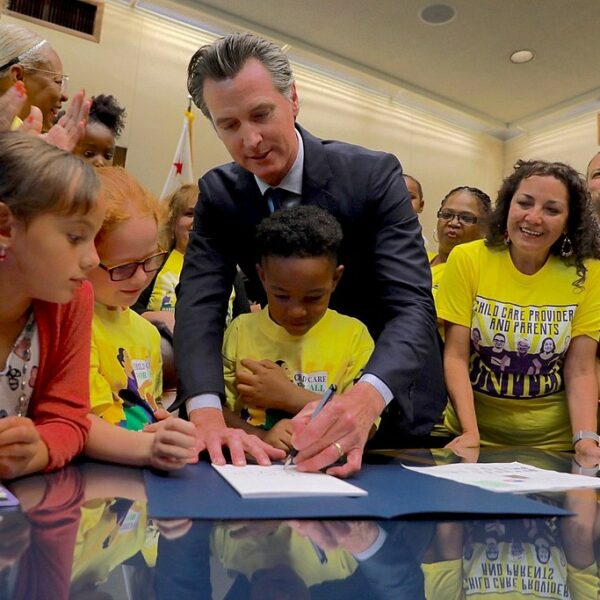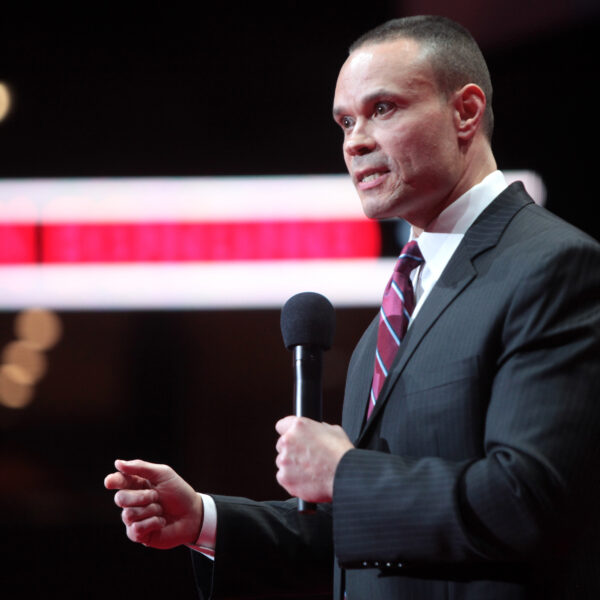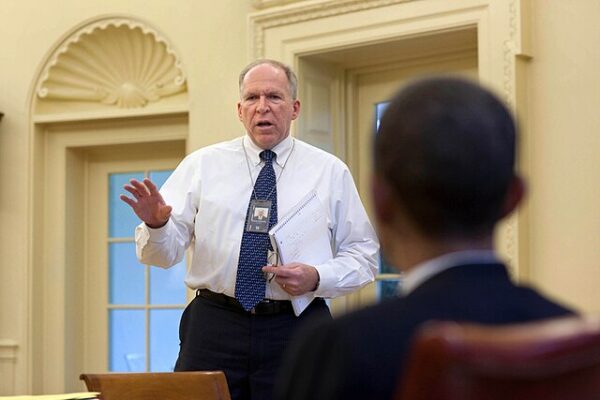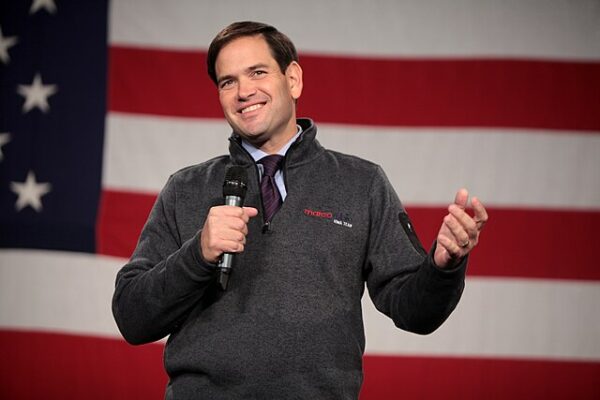
There is nothing Democrats love more than talking about their “emerging permanent majority.” In its heyday, 2008, liberals were convinced that a generation of young voters would propel them to victory after victory, helping Obama and Biden “fundamentally transform” the United States.
Following Obama’s victory, jubilant Democrats predicted, ‘This was not just a change election, but a sea-change election,’ Robert Borosage, co-director of the Campaign for America’s Future, said during remarks at the National Press Club. ‘This is the end of the conservative era.’
‘What you’re seeing in the nation is the emergence of a center-left majority,’ Borosage continued. ‘We are witnessing the creation of a permanent progressive majority.’
Democratic pollster Stan Greenberg agreed, saying that the United States is now ‘in a progressive period.’
‘The conservative movement brought about by the Gingrich revolution has been crushed,’ he said.”
15 years later, it looks like those predictions, unsurprisingly, were wrong.
The New York Times reports that “this shift toward the right among the young voters who propelled Mr. Obama to victory 15 years ago is part of a larger pattern: Over the last decade, almost every cohort of voters under 50 has shifted toward the right, based on an analysis of thousands of survey interviews archived at the Roper Center.
It’s not necessarily a stunning finding. Political folklore has long held that voters become more conservative as they get older. But it is nonetheless at odds with a wave of recent reports or studies suggesting otherwise. The Financial Times, for instance, wrote that “millennials are shattering the oldest rule in politics” by not moving to the right as they age. Similarly, the Democratic data firm Catalist found that Democrats essentially haven’t lost ground among millennials and Gen Z over the last decade. These findings have helped spark a new wave of speculation about whether the long-awaited era of Democratic dominance might this time really be at hand.
But a different story emerges by tracking the same cohort of voters over time, rather than a whole generation with changing composition. The millennials of 2008 are not the same as those of 2016, for instance: Six additional years of even more heavily Democratic millennials became eligible to vote after the 2008 election, canceling out the slight Republican shift among older millennials.
The shift to the right appears largest among the oldest ‘young’ voters — the older millennials who came of age in a very different political era from today. Many of the issues that drew young voters to the Democrats in 2004 or 2008 — like the Iraq War or same-sex marriage — may no longer be issues at all. Republicans may have even reversed their former disadvantage on some issues, whether by sometimes opposing foreign intervention, winning some voters with colorblind messaging on race, or by becoming the ‘anti-establishment’ party.”
While the findings may not seem ‘stunning,’ as ‘almost every cohort of voters under 50 has shifted toward the right’ over the last decade, The Washington Free Beacon notes that they do speak to the current narrative we are constantly harangued by from the left. “For at least 20 years, liberal academics and pundits have argued that a “coalition of the ascendant”—young voters, particularly blacks, Hispanics, and women—would enshrine Democrats as the eternal majority.
An influential 2002 book by Ruy Teixeira and John Judis, for example, writes The Washington Free Beacon, argued for an ’emerging Democratic majority,’ a prediction that many Democrats echoed after Obama’s 2008 victory.
That prediction has not come to pass. Teixeira now says that “the Democrats and the Democratic brand are in deep trouble,” as he argued in an essay last year for National Review. In addition to Cohn’s findings, exit polls show Latino and black voters slowly but significantly shifting rightward.
Some of the issues that drew in millennials in 2008, such as ‘the Iraq war or same-sex marriage,’ are no longer issues at all, Cohn wrote. Meanwhile, Republicans have likely won voters by ‘colorblind messaging on race’ and ‘becoming the ‘anti-establishment’ party.'”
[Read More: President Biden Challenges A Beanbag To Battle In Front Of Air Force]











